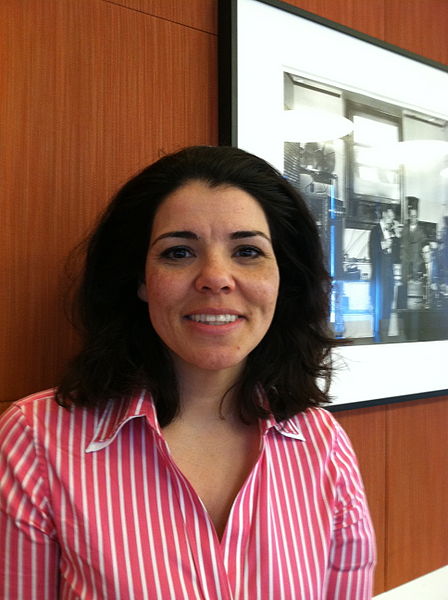How Does America View Racial Identity?
Hear about how culture and race are linked, and what the future could be for American race relations.

Stephen Henderson and Celeste Headlee, host of “On Second Thought” on Georgia Public Broadcasting, meet to discuss Rachael Dolezal, discrimination, and racial identity on Detroit Today. They key points of their conversation:
- The black experience: Headlee says that as someone from a mixed-race heritage, growing up in the 1970s identifying as African-American was very isolating and there are discriminatory experiences shared by every African-American in the U.S. that shape their lives. She says individuals like Rachael Dolezal use “blackness” as a costume, choosing to be black when it works to personal advancement without having to share in these experiences.
- Still segregated: Headlee says America is still very much segregated in terms of how we choose who we interact with, especially in schools and individual neighborhoods. She says the country, as a whole, has not made diversity a priority and as long as segregation exists, there will always be racial discrimination. She believes there should be an absolute zero tolerance policy for discrimination throughout all levels of government and that everyone should be as self-aware as possible to prevent themselves from acting and speaking in racist and discriminatory ways.
- The future: Headlee says she doesn’t think the “What are you?” question will lose its power in our lifetime. She says the U.S. is so far from reaching a time when this question is no longer asked that we can’t even have honest conversations about race. She hopes that progress will be made in the future and that our individual heritage will lose relevance in favor of simply being human beings.
Click the audio link above to hear the full conversation.

